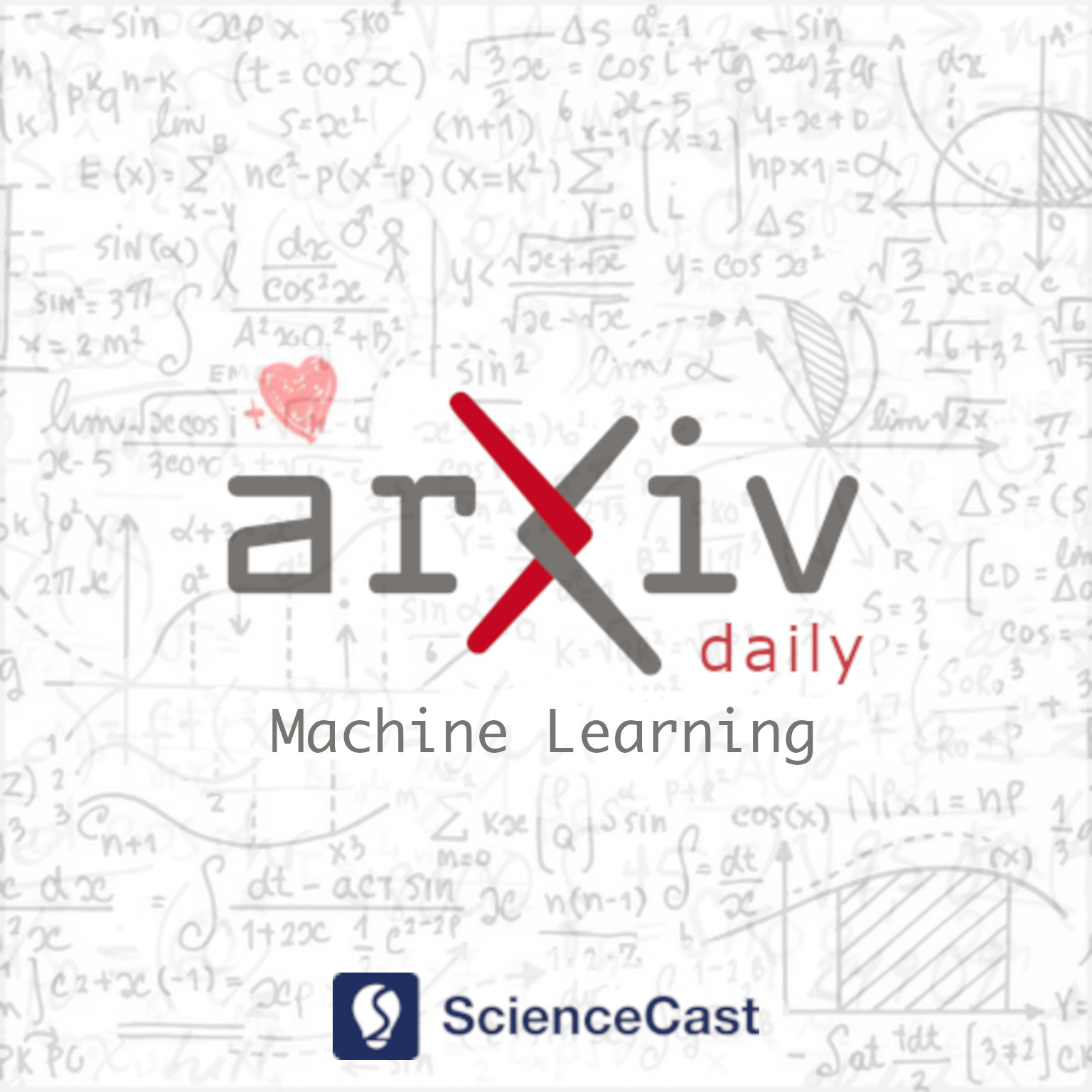
Machine Learning (stat.ML)
Thu, 13 Jul 2023
1.Deep Neural Networks for Semiparametric Frailty Models via H-likelihood
Authors:Hangbin Lee, IL DO HA, Youngjo Lee
Abstract: For prediction of clustered time-to-event data, we propose a new deep neural network based gamma frailty model (DNN-FM). An advantage of the proposed model is that the joint maximization of the new h-likelihood provides maximum likelihood estimators for fixed parameters and best unbiased predictors for random frailties. Thus, the proposed DNN-FM is trained by using a negative profiled h-likelihood as a loss function, constructed by profiling out the non-parametric baseline hazard. Experimental studies show that the proposed method enhances the prediction performance of the existing methods. A real data analysis shows that the inclusion of subject-specific frailties helps to improve prediction of the DNN based Cox model (DNN-Cox).
2.A Novel Bayes' Theorem for Upper Probabilities
Authors:Michele Caprio, Yusuf Sale, Eyke Hüllermeier, Insup Lee
Abstract: In their seminal 1990 paper, Wasserman and Kadane establish an upper bound for the Bayes' posterior probability of a measurable set $A$, when the prior lies in a class of probability measures $\mathcal{P}$ and the likelihood is precise. They also give a sufficient condition for such upper bound to hold with equality. In this paper, we introduce a generalization of their result by additionally addressing uncertainty related to the likelihood. We give an upper bound for the posterior probability when both the prior and the likelihood belong to a set of probabilities. Furthermore, we give a sufficient condition for this upper bound to become an equality. This result is interesting on its own, and has the potential of being applied to various fields of engineering (e.g. model predictive control), machine learning, and artificial intelligence.
3.Weighted Averaged Stochastic Gradient Descent: Asymptotic Normality and Optimality
Authors:Ziyang Wei, Wanrong Zhu, Wei Biao Wu
Abstract: Stochastic Gradient Descent (SGD) is one of the simplest and most popular algorithms in modern statistical and machine learning due to its computational and memory efficiency. Various averaging schemes have been proposed to accelerate the convergence of SGD in different settings. In this paper, we explore a general averaging scheme for SGD. Specifically, we establish the asymptotic normality of a broad range of weighted averaged SGD solutions and provide asymptotically valid online inference approaches. Furthermore, we propose an adaptive averaging scheme that exhibits both optimal statistical rate and favorable non-asymptotic convergence, drawing insights from the optimal weight for the linear model in terms of non-asymptotic mean squared error (MSE).